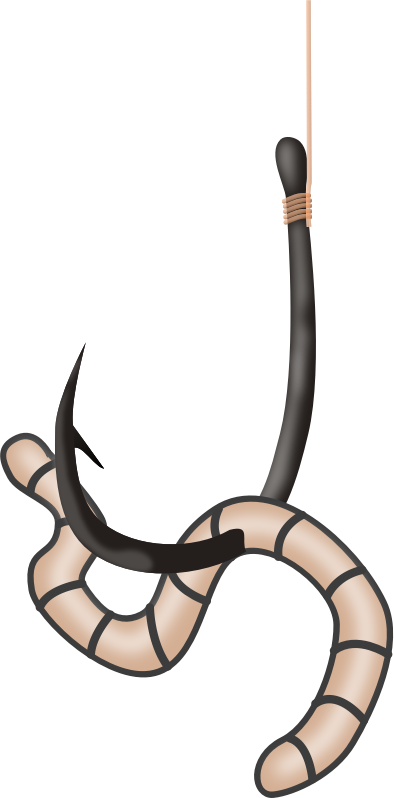Like the best hit songs, good books need to have a great hook. There are all sorts of different ways to hook readers right at the beginning of a story. Do you know how to use all of them?
Baiting the Hook
How a story begins is really the most important thing about it, because there are readers out there who will look at this and nothing else. If you don't catch those readers who nibble on those first few lines, and get them reeled in, you'll lose them for ever. There are many different literary devices which can be used to hook readers. Get to know them, learn how to use them and then figure out how to make them your own.























